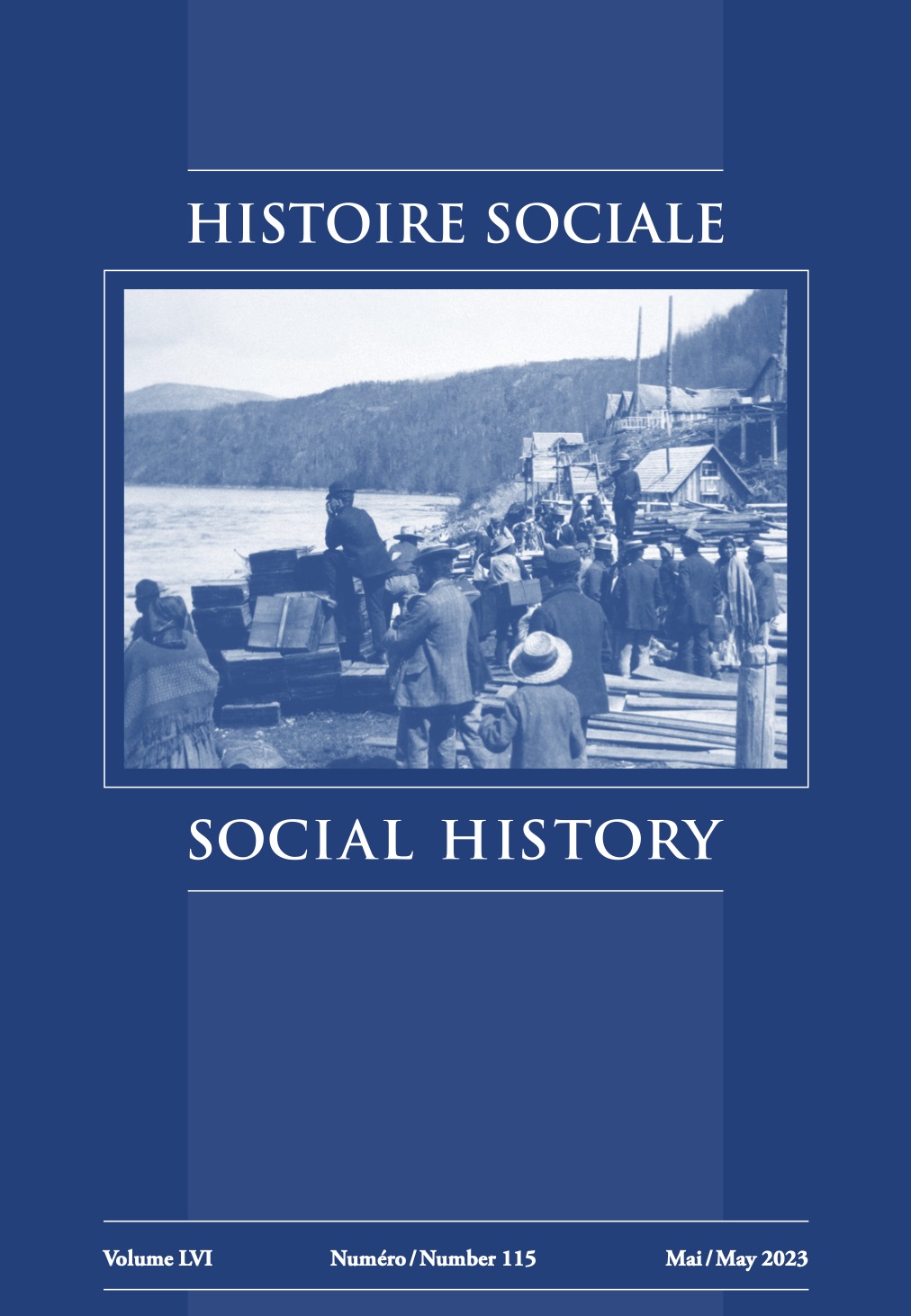Voix d’enfants canadiens et racisme catholique : l’Œuvre de la Sainte-Enfance au XXe siècle
Abstract
The Holy Childhood Association (a Pontifical Mission Society) achieved tremendous success with Canadian Catholic children from the 1920s to the 1960s. Through this missionary involvement, the children were taught to trust their ability to redeem the childhood of distant youth. The Holy Childhood Association transformed faraway children into possessions, commodities, games, and personifications at the disposal of the geographical and emotional imaginations of young French Canadians. It did so by drawing on pedagogical techniques and past transnational practices of racialized performances. How then can we trace the history of French-Canadian children’s participation in this work through an analysis of their own voices? By studying a corpus of 803 letters sent by children, we dissect how the Holy Childhood Association punctuated the daily lives of young French Canadians and what racial and gendered representations it offered them.


